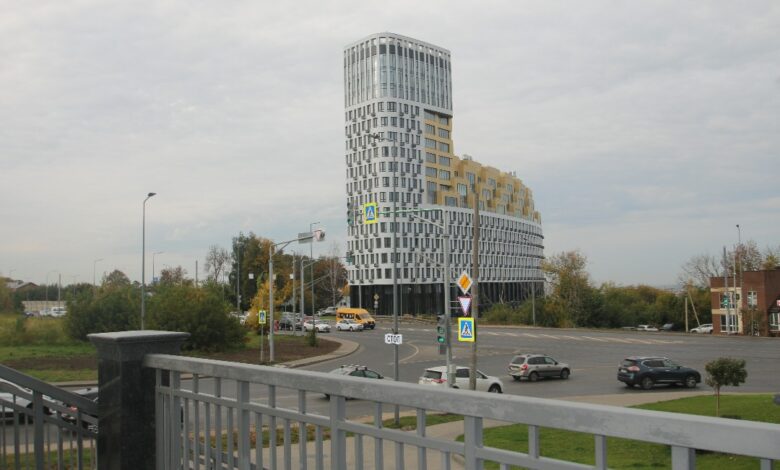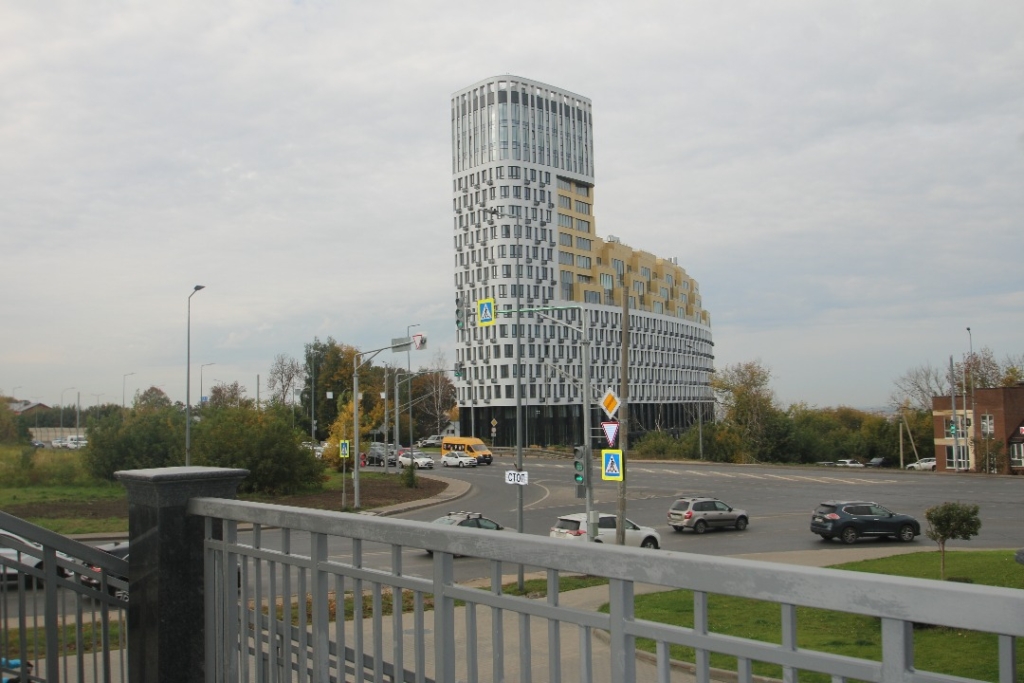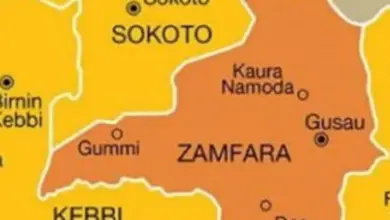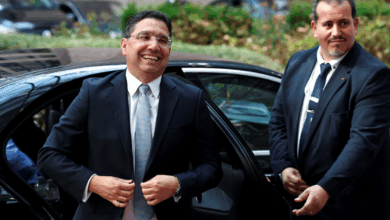Life in Russia amidst the war


Since the war broke out between Russia and Ukraine, many around the world have wondered how daily life continues in both countries.
Interestingly, in Ghana, the ripple effects of the conflict appear to have hit us even harder between 2020 and 2022 than those living within the war zones.
In 2024, then-President Nana Addo Dankwa Akufo-Addo remarked on the severe repercussions of the Ukraine war on African economies, living standards, and inflation rates.
“The consequences of the invasion go far beyond the confines of Europe. Indeed, in many ways, Africa has been the greatest victim. This has had a terrible impact on our economies, on living standards, and on high inflation,” he said at the Global Peace Summit in Switzerland.
Across the African continent, several heads of state sought to mediate in the conflict. In 2023, South African President Cyril Ramaphosa led a high-level delegation, including leaders from Zambia, the Republic of Congo, Egypt, Senegal, and Uganda, to both Russia and Ukraine to play a role in promoting peace.
This diplomatic engagement reflected the deep economic impact of the war on African nations.
During my recent trip to Russia’s Novgorod region to cover the 2025 World Youth Festival Assembly, I visited the streets of Nizhny Novgorod to interact with locals and foreigners about their daily lives amidst the ongoing conflict.
One of the people I met was Nelson Kumagah, a Ghanaian who has lived in Russia’s Komi Republic for nearly a decade.
“There is conflict going on between Russia and Ukraine, but it is mainly based in Ukrainian territory. In spite of the conflict, Russia is safe. I have not seen any threat to my life,” he told me.
“Everyone is still living normally in Russia,” he added.
Another resident, Barabanova Polina Andreevna, a Russian working in mass media and furthering her education in Komi Republic, shared similar sentiments.
“Our lives are perfect and safe. I’ve lived here all my life, and I can say that this is a good place to spend my life,” she said.
As I moved around Nizhny Novgorod, where the festival was held, I met several Africans studying in Russia.
Ifunanya Eze, from Anambra State in Nigeria, is pursuing a Masters degree in Cyber Psychology. She spoke about the opportunities and safety she has experienced as a foreign student.
“Schooling here has exposed me to many technological advancements. It has shown me the future of where technology is heading. If Africans and Russia collaborate, we can bridge many technological gaps, improve our policies, and build a greater Africa,” she noted.
Ali, a Tanzanian student also living in the city, shared his perspective:
“For me, it is remarkable. We feel very peaceful here. We hear rumours and perceptions from our fellow Africans that Russia is not safe, but in reality, it is very safe.”
Many of the residents I spoke to emphasised that out of Russia’s 83 republics, the fighting is concentrated near the border with Ukraine, while the rest of the country remains secure.
They acknowledged occasional disruptions to internet connectivity in some areas, attributing these to national security measures.
Shepelina Oksana, a resident of Nizhny Novgorod, explained:
“Of course, there are some areas near the border that are not completely safe, and there are limitations on the internet due to security measures. Besides, many big brands have left our country, but I wouldn’t say it has greatly affected our daily lives. People still smile, go to work, and life goes on.”
“It is understandable that for safety reasons, some cities have limited internet access, and even geo-location services don’t work in certain areas,” Nelson noted.
From the streets, I visited a few shopping malls with Ghanaians and other Africans living there. Based on my observations, daily life continues normally despite the ongoing war.
Tourist sites remain busy with both local and international visitors, who continue to travel to relax and enjoy time with their loved ones.
Some residents also accused Western media of exaggerating the realities on the ground.
“We shouldn’t listen to Western media too much; they always exaggerate situations for their own benefit,” Nelson asserted.
“For me, it is Western propaganda. In reality, Russia is safe,” Ali echoed.
In St Petersburg, Russia’s second-largest city where I spent barely 24 hours as part of my tour, I observed that daily life appeared remarkably normal, almost as though there were no war in the country.
At one point, I experienced some disruptions to internet access, but beyond these limitations, the people were notably friendly and welcoming.
Train services between St Petersburg and Moscow operate smoothly, both day and night, with no apparent interruptions despite the ongoing conflict.
Recently, U.S. President Donald Trump engaged the Ukrainian President, Volodymyr Zelenskyy and Russia’s President Vladimir Putin in talks aimed at securing a ceasefire.
This initiative forms part of several diplomatic efforts to end the war.
The world continues to look forward with hope for lasting peace between the two nations.
DISCLAIMER: The Views, Comments, Opinions, Contributions and Statements made by Readers and Contributors on this platform do not necessarily represent the views or policy of Multimedia Group Limited.
DISCLAIMER: The Views, Comments, Opinions, Contributions and Statements made by Readers and Contributors on this platform do not necessarily represent the views or policy of Multimedia Group Limited.
Source link





